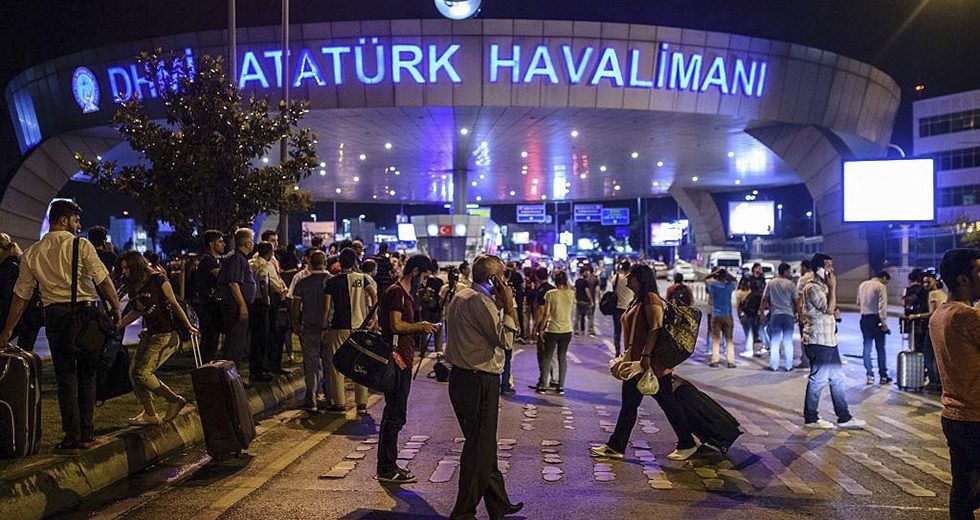
Responding to terror
The reason I’m willing to take my chances.
|04.07.2016
|
I often joke that the true danger of a region lies not in its geography or political construct, but in the audacity of its drivers.
I knew that one senseless act of violence by three cowardly individuals would heighten a pre-existing sense of insecurity in big cities and cause a surge of fear as people questioned their safety. That was the true tragedy.

Lauren Peace
Lauren Peace is a journalist, currently completing a 9 month fellowship in Kosovo. Her previous work has appeared in Kosovo 2.0, New York Times Opinion, Prishtina Insight, and USA Today.
This story was originally written in English.